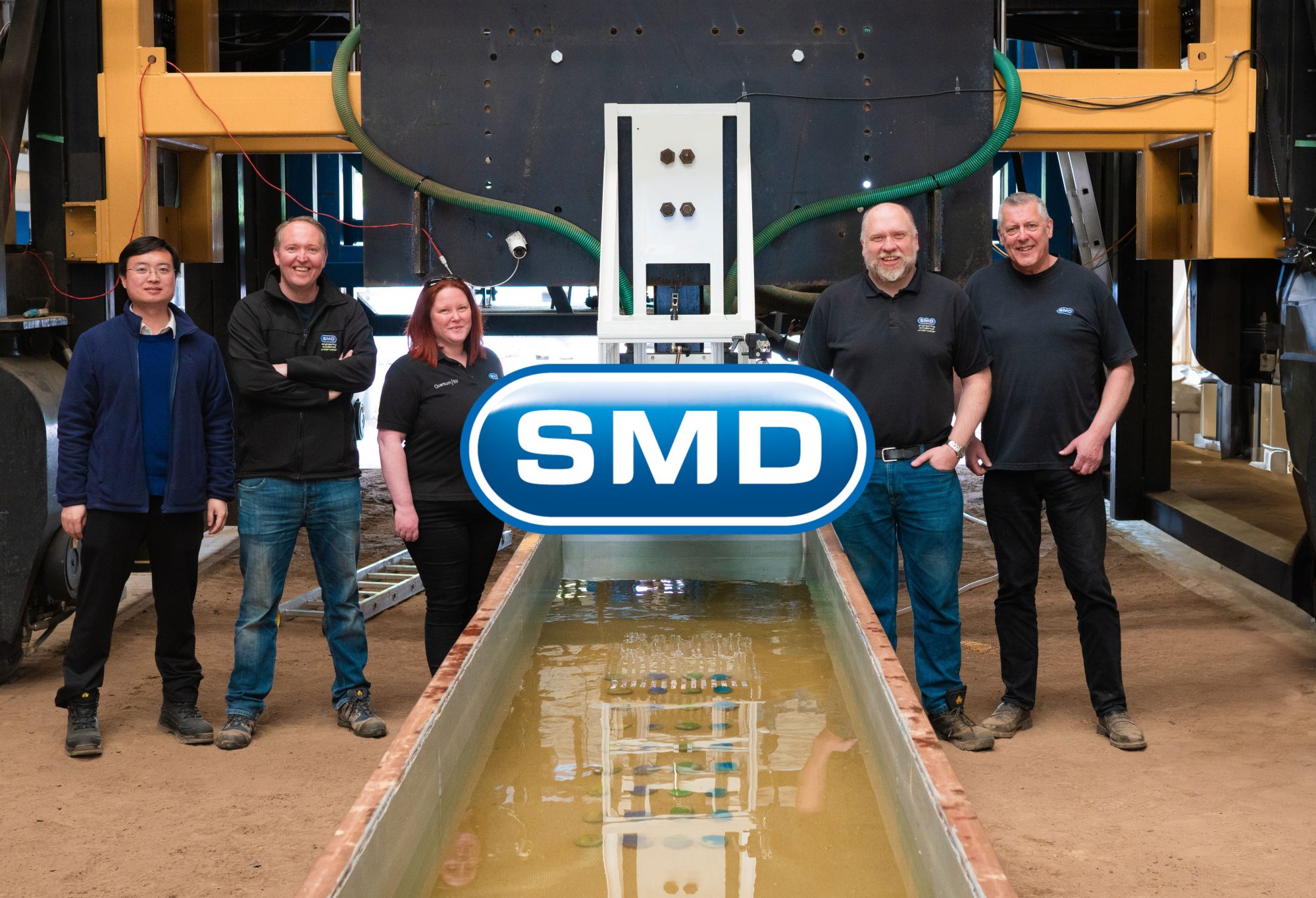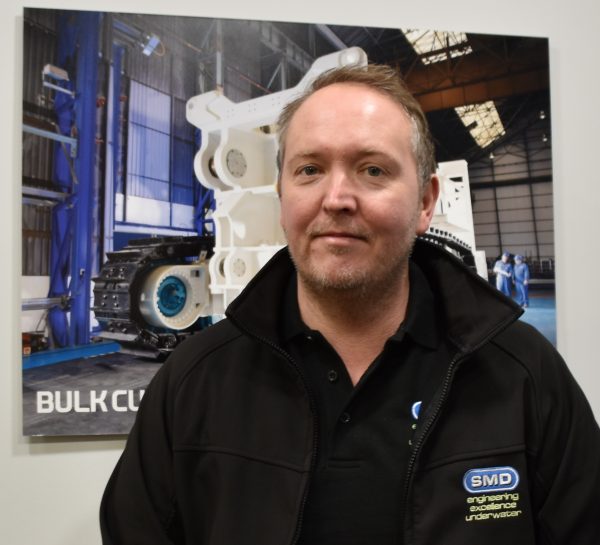As living standards are raised on average across the world and the human population continues to increase, so does the mineral requirement per capita. Demand for consumer technology products, coupled with the need for renewable energy, means that polymetallic nodules have become increasingly popular as these minerals are needed to develop wind farms, electric vehicles, smartphones and solar infrastructure.
Demand will surpass on land mineral resource supply, and seabed reserves provide a promising opportunity to tackle this ongoing issue.
In 2007, SMD began developing three deep-sea collection vehicles for Nautilus Minerals, which were delivered in 2015. The same year saw SMD lead the EU Sponsored Horizon 2020 research program, VAMOS, to develop, build and demonstrate an inland mining system specifically designed for the rehabilitation of existing abandoned flooded mines where valuable deposits remain below the waterline.
SMD’s is now developing a “least impact” QC Nodule Collector range of vehicles. These are being carefully crafted to efficiently gather polymetallic nodules in deep water. The first product is QC2000, a light in-water vehicle designed to minimise seafloor impact. It uses a unique nodule separation method to significantly reduce the impact to the seabed surface, only disturbing the absolute minimum materials required to harvest nodules and demonstrates best in class efficacy of collection vs. impact.
The timing of this development is also in line with the highly anticipated release date of the International Seabed Authority regulations that will set the rules for commercial deep-sea mineral collection, due this year.
The team recently tested the latest nodule collection with a UK-based partner and the results were outstanding so much so, SMD is hailing the method of mineral collection as another breakthrough, world-first technology.
Discussing this further, Ian Maskell, Principal Engineer of Minerals Technology at SMD, said: “Polymetallic nodules have high-quality mineral contents, making them crucial to the clean energy transition. Our comprehensive range of ROVs provide access to an abundance of deep-sea nodules, prioritising environmental sensitivity and providing an alternative to the dangerous human involvement in land-based extraction processes.
“Working collaboratively with partners and testing facilities, we can report that we have accomplished remarkable results by achieving collection efficiencies of no less than 97 per cent, and typically 100 per cent.
“SMD has an unrivalled history when it comes to the creation of bespoke, remotely controlled underwater equipment. Our Innovations team has worked tirelessly to achieve these results, setting the standard for engineering excellence in subsea environments worldwide. We place sustainability and productivity at the heart of our designs and strive to create a brighter future for all.”
To find out more about SMD’s pioneering range of mineral extraction equipment, as well as the revolutionary developments soon to come, download the brochure, or contact Ian Maskell.



